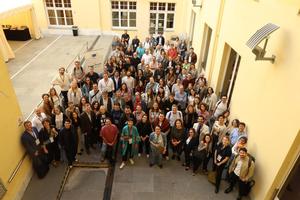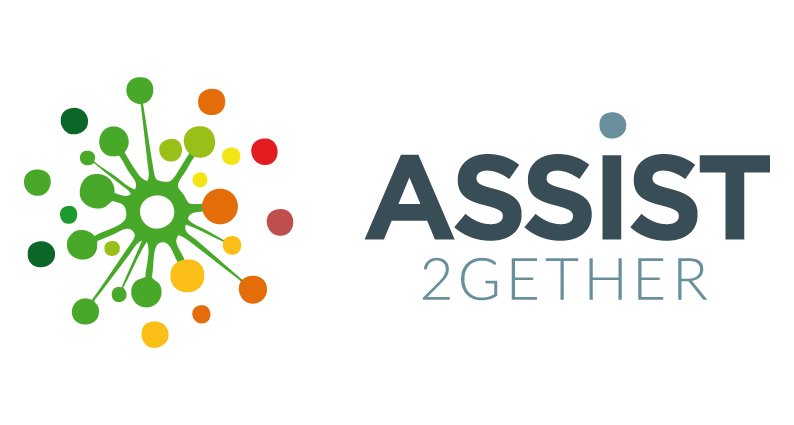The 4th EPAH International Conference in Barcelona concludes with a message of unity and inclusiveness

The 4th international conference of the Energy Poverty Advisory Hub. (EPAH) took place in Barcelona on 15-16 October 2024, gathering 248 in-person and 208 online participants from across Europe. The event brought together representatives from local governments, EU institutions, civil society organizations, and various stakeholders focused on addressing energy poverty and promoting a just energy transition.
The conference was opened by Marc Serra, Deputy Chairman for Climate Action and Energy Transition of the Province of Barcelona, who stressed: "Energy poverty should be at the center of the energy transition." Sonia Fuertes, Commissioner for Social Action of the City of Barcelona, also emphasized the need for public-social collaboration, with the active involvement of civil society to amplify the impact of public policies.
During the event, Veronique Marx, Team Leader for Just Transition and Energy Poverty at the European Commission's Directorate-General for Energy, highlighted the crucial role of local communities in ensuring the effective implementation of EU energy poverty measures.
One of the highlights was the opening panel on innovative policies and strategic investments, where Kata Tütt?, Deputy Mayor of Budapest and member of the Committee of the Regions, discussed how gender differences affect energy needs, pointing out that these must be considered when addressing energy poverty.
The conference also showcased practical experiences from ten municipalities involved in the EPAH Technical Assistance program, including the Girončs region in Spain. Marcos Boj from ECODES stressed the importance of data collection and stakeholder engagement in improving local energy policies.
A key moment was the panel on artificial intelligence and energy poverty, where public and private sector experts discussed how AI can enhance decision-making and tailor energy services. Jordi Cipriano Lindez, Director of the Department of Energy and Environment at CIMNE, explained how AI can assess energy vulnerability in urban areas, providing tools for more effective planning.
The gender dimension in energy poverty was a central theme, with a dedicated panel discussing how women, especially in women-led households, are disproportionately affected. Speakers presented findings from the EmpowerMed and EUWES projects, which promote energy education for women and advocate for more inclusive energy policies.
Throughout the event, participants attended practical workshops, including one on "One-Stop Shops" for the inclusion of vulnerable consumers in the energy transition. The session highlighted the ReHABITA project and the challenges of reaching vulnerable consumers, despite available funding.
The conference also explored the impact of energy poverty on health. The WELLBASED project shared findings linking poor housing conditions with health issues like dampness and energy bill arrears, emphasizing the need for a multidimensional approach to address both energy poverty and health inequalities.
On the second day, participants reviewed the work of the EPAH consortium, with strong support for the continuation of the initiative. Ion Liviu Stochita from DG ENER confirmed that the European Commission will continue to support EPAH in its next phase, with a focus on identifying the communities most affected by energy poverty.
The event concluded with a site visit to Barcelona’s Energy Advice Points, where participants witnessed how local governments are providing practical solutions to help citizens reduce energy consumption and secure access to essential services.
Organized in collaboration with the Province and City of Barcelona, the conference reinforced the importance of alliances between administrations, citizens, and energy sector actors to tackle energy poverty in a structural and inclusive way.
 Print
Print
